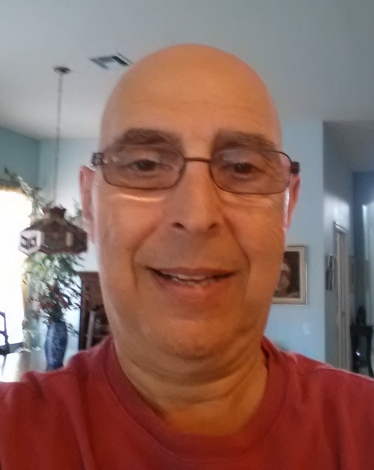Inspirational Stories
Richard
Survivor
I received a nasty present for my 60th birthday. I was informed that I had stage 4 follicular lymphoma. Wow! Now what do I do? I was referred to a wonderful oncologist, Dr. Stephen Grabelsky, for treatment. Dr. Grabelsky told me that my condition was treatable and suggested that I start chemotherapy. The treatment was no fun but I did go into remission after a few months. Unfortunately, my remission lasted a few years and I was back in treatment again using a new drug. I was then referred to the Sylvester Cancer Center in Miami for a consultation. It was there that I was told I needed a stem cell transplant.
Initially, I was going to have my transplant done in Miami but decided to get a second opinion before starting anything. I went to Houston to the MD Anderson Cancer Center for a second opinion. They agreed I needed the transplant but Medicare did not cover the treatment for my lymphoma type. Quite a shock. Now what? The doctor there suggested I contact Dr. Michael Bishop at the National Institute of Health as he was running clinical trials in the transplant area. I e-mailed Dr. Bishop and he quickly responded to me and I was invited up to the NIH for an initial evaluation. A perfect match donor was identified and I was prepared to spend several months there for the transplant.
Before the NIH accepts you for a study, you have to go through a very rigorous series of physical exams that looks at every nook and cranny of your body. After all of the test results are in, you have a big pow-wow with the doctors to discuss the next step. Well, Dr. Bishop informed me that they were unable to detect any active cancer cells in my body and I should not have the transplant. Wow again.
We returned to Florida in a happy daze as the transplant process has many possible nasty side effects. Dr Bishop consulted with Dr. Grabelsky about future treatments and care and I was home free for now. Just as a time frame, this was about five years out from my initial diagnosis.
I remained in remission for about five years and received another nasty surprise for my 70th birthday. My lymphoma had returned but was caught at a fairly early stage. After four months of treatment, my scans were all clear. That brings us to today. I feel great, am very active and continue to live an active lifestyle. I am over 10 years out from my initial diagnosis.
My advice:
1. Always remain positive.
2. Never give up.
3. Live a healthy lifestyle.
4. Find good doctors.
